Description
Good communication is central to all relationships, yet the unpredictability of interpersonal exchanges can cause significant anxiety for autistic people and create a barrier to successful communication.
Understanding Me, Understanding You is a guide for anyone working with and supporting autistic people. The aim is to encourage the reader to consider how they can create ‘autistic spaces’ where there is predictability and trust, enabling autistic people to engage, contribute and grow. It seeks to promote mutual understanding, starting by encouraging the reader to understand themselves, their own beliefs and attitudes and the way that this can influence their behaviour; and then to understand another and, in turn, help them to understand.
At its foundation is the ‘Triad of Understanding’, a beautifully simple model for successful communication conceived together by social work practitioner, Dr Jackie Robinson, and three autistic co-researchers over a three year period. Jackie successfully created an autistic space that allowed the autistic co-researchers to flourish and achieve. This communication model underpins all three sections of the guide, which includes specific guidance for professionals in different fields and tools to facilitate the move towards mutual understanding.
CPD accredited:
‘This well-written and informative book has learning value for the target audience. It has clear content and progress.’
Audience
Understanding Me, Understanding You has been written for a professional audience including health and social care professionals both in-training and qualified practitioners (e.g. medics, dentists and all allied health disciplines); teachers and SENCOs; further and higher educators and student support services and equal opportunities employers. It is also of value to parents and relatives of autistic people.
Details
Publisher: Pavilion Publishing and Media
ISBN: 9781803882666
Publication: June 2023
Content
Prologue
Preface
Introduction
1: Autism, misleading and misunderstanding
1.1 What’s in a name?
1.2 Communication, the key to everything
1.3 Mental health and anxiety
1.4 Autism, inclusion and social stigma
1.5 Autism and disability
1.6 Autism and empathy
2: The Triad of Understanding
2.1 The Triad of Understanding
2.2 Me understanding myself
2.3 Me understanding you
2.4 You understanding me
3: Autism and life
3.1 Health and social care
3.2 Education
3.3 The workplace
References
Appendix
Authors
Susan Allen began her career in hospital pharmacy, and then as a teacher practitioner at Brighton University. She has produced many CPD articles and packages for health-related and wider audiences. She worked as a senior lecturer at the Leicester School of Pharmacy for 20 years, where she developed her own model for consultation and an online skills evaluation and development programme. Susan began working with Jackie Robinson and her co-researchers, the Asperger’s Consultation Group, following their presentation of the ‘Triad of Understanding’ at a teaching and learning conference in 2014. Susan and Jackie embarked on a mission to improve the communication between pharmacists and autistic people, knowing that this would be applicable to other professions. The ‘Triad of Understanding’ is the legacy of Jackie Robinson who sadly died in 2018 and is the foundation and motivation behind this guide.

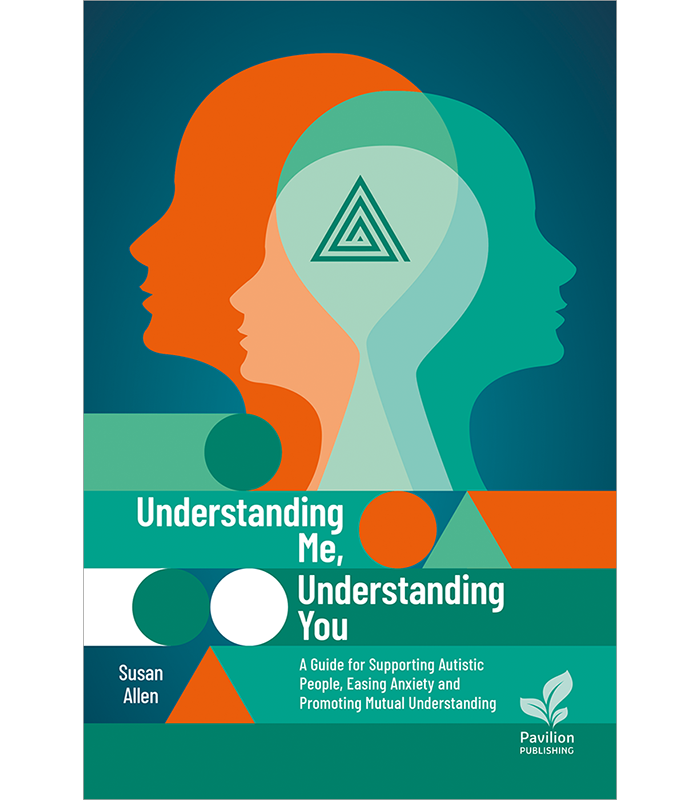
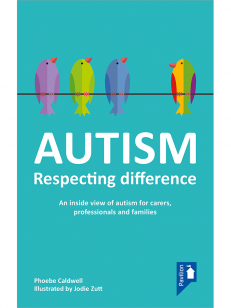
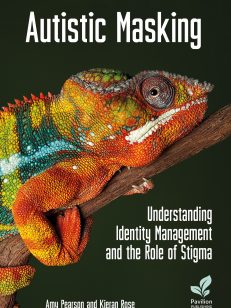
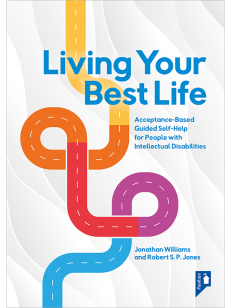
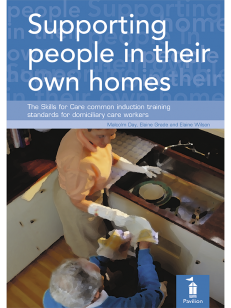
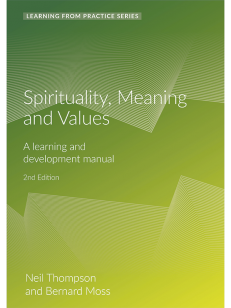
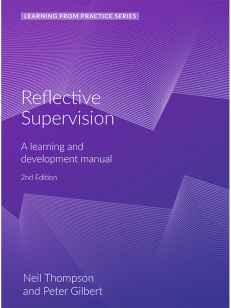
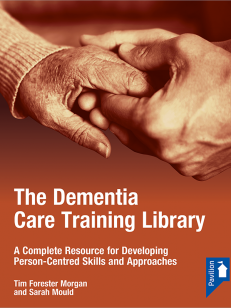
Dr S Atherton, GP –
A well-written book and thought provoking. Really made me think about how, as a GP, I consult with patients with ASD. After many years in practice this book has made me realise that I could do a lot better.
Thomasina Phillips, Parent –
This is a beautiful and thoughtful book which opens up the autistic world and encourages us all, autistic and neurotypical alike, to consider how we fit into the world and how we can interact with each other more successfully. Presenting the collaboration of research by both autistic and neurotypical people, it is a truly authentic and valuable book which aims to improve communication for everyone. It serves as a springboard that encourages us all to reflect on our own ways of thinking so as to better understand our autistic colleagues, friends and family members, and vice versa. The ideas presented could genuinely encourage and improve life for everyone if we work on utilising them day to day. I found it refreshing and exciting to think of how I could use the contents of this book to help me better understand and communicate with the autistic people in my own life and found it resonated with ‘inside our autistic minds’ with Chris Packham – both of them encourage us to listen, really listen. – Thomasina Phillips, parent
Dr Cathryn Appleton, GP –
‘As a busy GP I found this book both readable and very informative. It presents and summarises relevant and sometimes surprising evidence, interspersed with more personal experiences of those who are autistic and those interacting with them. I found it inspired me to adapt my personal consultation style and analyse our practice systems to improve the care our practice team gives to our autistic patients.’ – Dr Cathryn Appleton, GP
Julie Mansfield, Senior Lecturer, Primary PGCE, Brunel University –
‘This is an essential read for teachers and student teachers. As well as providing an understanding of autism through historical definitions and research, this book unlocks a new and authentic perspective. We are challenged to move away from a medical, deficit model and to positively consider difference through the “Triad of Understanding” as opposed to the “Triad of Impairment.” This is an encouraging and enlightening step forward: all stakeholders are encouraged to reflect on their roles within the triad and consider how they can support the individual whilst working towards achieving mutual understanding. The great strength lies in the voices of the autistic co-workers and the safe spaces that were built to allow such open discussions.’ – Julie Mansfield, Senior Lecturer, Primary PGCE, Brunel University